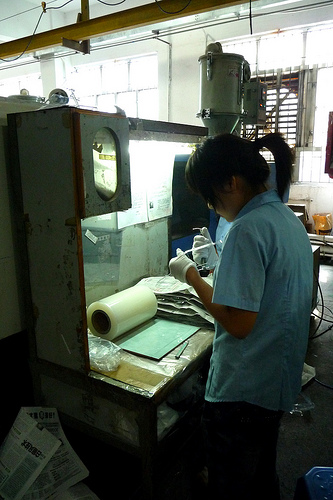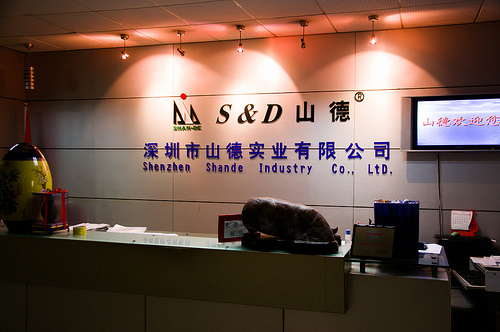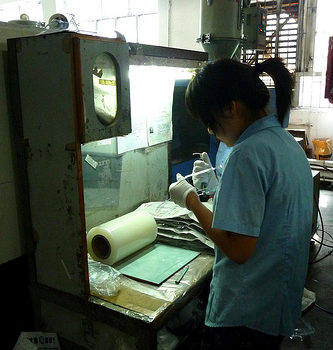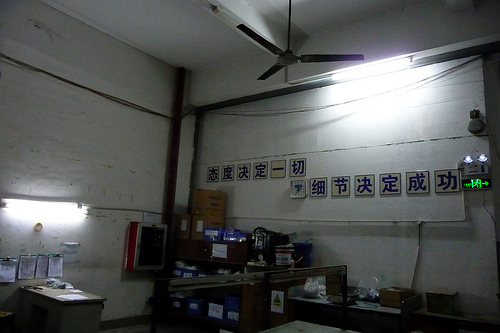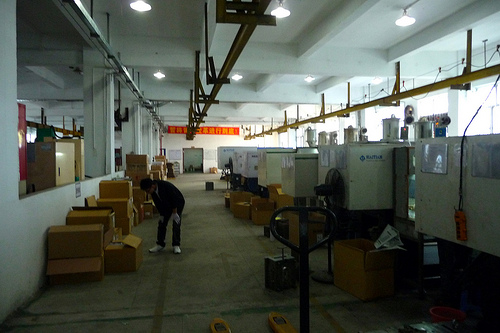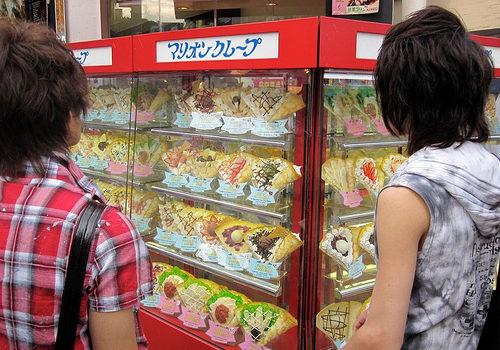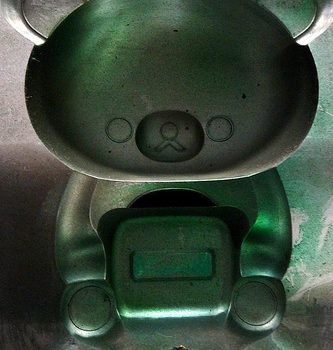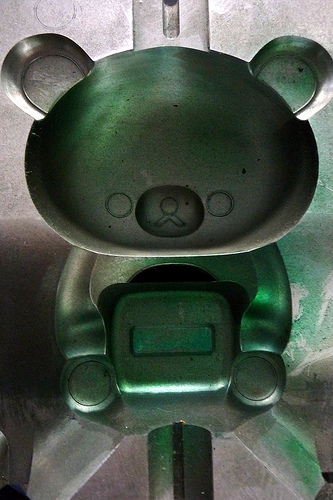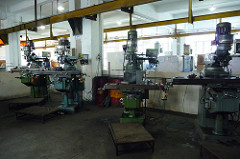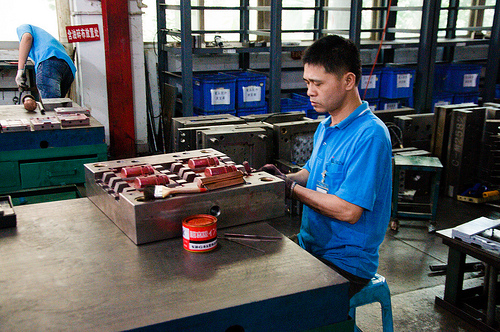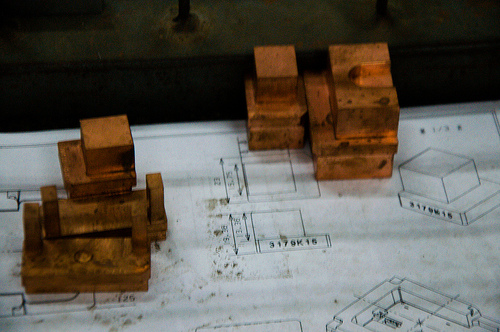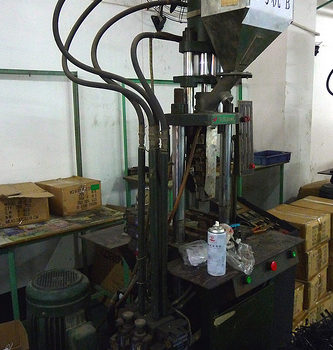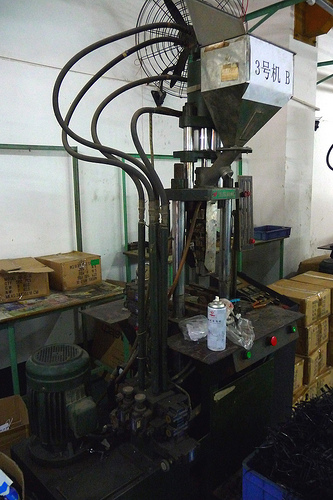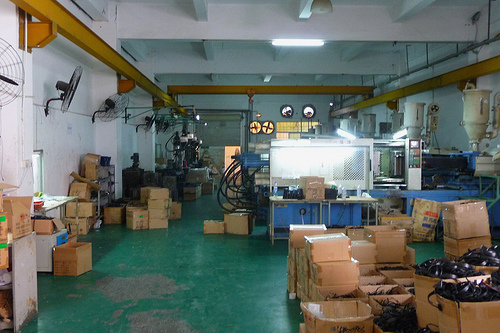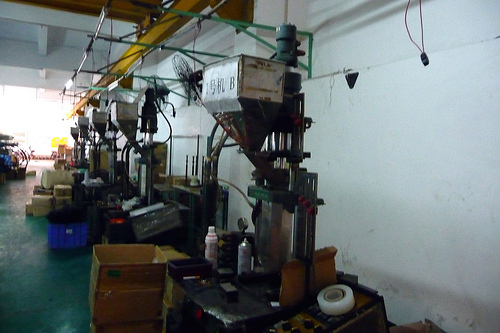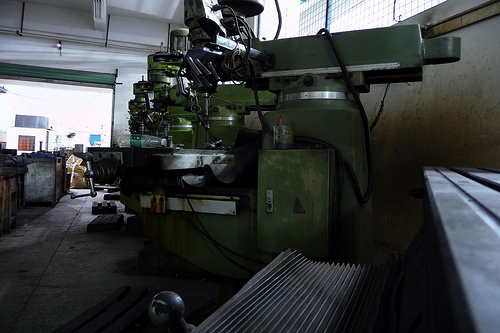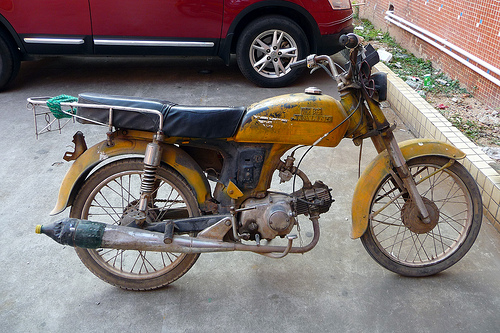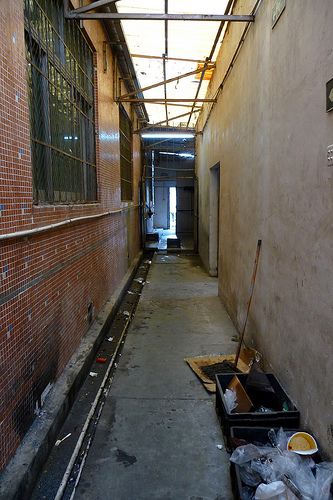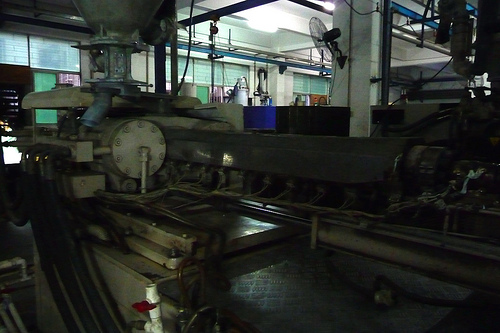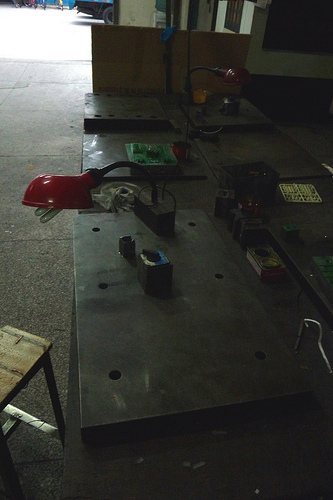Some cool china plastic molding organization images:
“sampuru” fake food samples in a show case, tokyo, japan
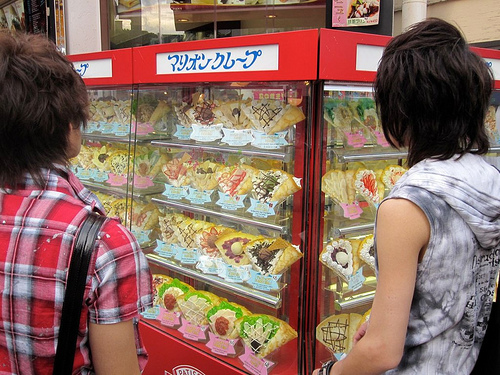
Image by “guerrilla” method
Fake food samples seem prevalently in the windows and display circumstances of meals-serving establishments all through Japan. As soon as created from wax, right now they are typically produced out of plastic. The plastic models are largely handmade from vinyl chloride and cautiously sculpted to appear like the actual dishes. The models are custom-tailored to restaurants and even common items such as ramen will be modified to match every single establishment’s meals. In the course of the molding approach, the fake ingredients are typically chopped up and combined in a manner equivalent to actual cooking.
The craftsmanship has been raised to an art kind and plastic meals has been exhibited at locations such as the Victoria and Albert Museum. Normal competitions are held in making fake meals dishes out of plastic and other materials. The food displays are typically known as sampuru, derived from the English word sample.
The plastic food producers fiercely guard their trade secrets as enterprise is lucrative the plastic food market in Japan, by conservative estimates, has revenues of billions of yen per year. A single restaurant could order a complete menu of plastic items costing over a million yen.
In current years, Japanese plastic meals companies have been targeting markets overseas, such as China.
Plastic meals companies
Whilst some big businesses exist, other people are small shops with a single proprietor. They can be found in Kappabashi-dori, the meals provide street in Tokyo. Factories can be found in Gujō, Gifu.
Iwasaki Be-I, the largest plastic food manufacturer in Japan, founded by Takizo Iwasaki in 1932
Maiduru (Maizuru), another old and big manufacturer
en.wikipedia.org/wiki/Fake_food_in_Japan
